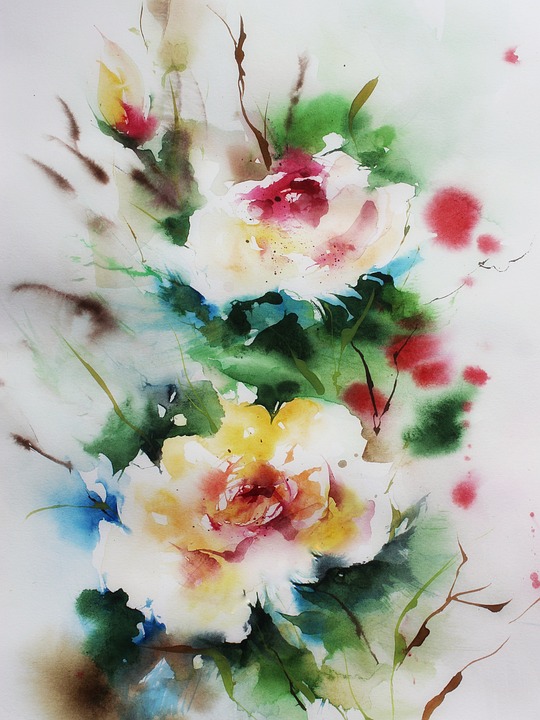
We all need to take a break from our hectic lives and relax. Whether it’s a few minutes of deep breathing or a full day of rest and relaxation, taking time to unwind and recharge can help us stay healthy and productive. Here are seven simple relaxation techniques to help you do just that.
1. Deep Breathing
Deep breathing is one of the simplest and most effective relaxation techniques. It helps to slow down your heart rate and reduce stress. To practice deep breathing, sit or lie down in a comfortable position and focus on your breath. Slowly inhale through your nose, counting to four. Hold your breath for a count of four, then slowly exhale through your mouth for a count of four. Repeat this process for several minutes.
2. Progressive Muscle Relaxation
Progressive muscle relaxation is a technique that helps to reduce tension in your body. To practice this technique, start by tensing and relaxing each muscle group in your body, starting with your feet and working your way up to your head. As you tense each muscle group, hold the tension for a few seconds before releasing it. As you relax each muscle group, focus on the feeling of relaxation and let go of any tension.
3. Guided Imagery
Guided imagery is a relaxation technique that involves using your imagination to create a peaceful and calming environment. To practice this technique, find a comfortable place to sit or lie down and close your eyes. Imagine a peaceful place, such as a beach or a forest, and focus on the sights, sounds, and smells of this place. Allow yourself to relax and enjoy the peacefulness of this place.
4. Yoga
Yoga is a great way to relax and unwind. It combines physical postures, breathing exercises, and meditation to help reduce stress and improve overall wellbeing. To practice yoga, find a comfortable place to sit or lie down and focus on your breath. Slowly move through a series of postures, focusing on your breath and the sensations in your body.
5. Meditation
Meditation is a great way to relax and clear your mind. To practice meditation, find a comfortable place to sit or lie down and focus on your breath. Allow your thoughts to come and go without judgment or attachment. If your mind starts to wander, simply bring your attention back to your breath.
6. Journaling
Journaling is a great way to express your thoughts and feelings and to gain clarity and insight. To practice journaling, find a comfortable place to sit or lie down and write down your thoughts and feelings. Allow yourself to express whatever comes to mind without judgment or attachment.
7. Nature Walks
Nature walks are a great way to relax and unwind. To practice this technique, find a comfortable place to walk and focus on your surroundings. Notice the sights, sounds, and smells of nature and allow yourself to relax and enjoy the beauty of the outdoors.
How-To
These seven relaxation techniques can help you unwind and recharge. To get started, find a comfortable place to sit or lie down and focus on your breath. Slowly inhale and exhale, counting to four with each breath. Once you’ve established a rhythm, you can move on to the other relaxation techniques. For deep breathing, focus on your breath and count to four with each inhale and exhale. For progressive muscle relaxation, start by tensing and relaxing each muscle group in your body, starting with your feet and working your way up to your head. For guided imagery, imagine a peaceful place and focus on the sights, sounds, and smells of this place. For yoga, move through a series of postures, focusing on your breath and the sensations in your body. For meditation, focus on your breath and allow your thoughts to come and go without judgment or attachment. For journaling, write down your thoughts and feelings and allow yourself to express whatever comes to mind without judgment or attachment. For nature walks, focus on your surroundings and allow yourself to relax and enjoy the beauty of the outdoors.
Advice
When practicing relaxation techniques, it’s important to find a comfortable place to sit or lie down and focus on your breath. It’s also important to be patient and allow yourself to relax. Don’t be discouraged if you don’t feel relaxed right away. It can take time to learn how to relax and it’s important to be gentle with yourself. It’s also important to practice regularly. Try to set aside a few minutes each day to practice relaxation techniques.
Conclusion
Relaxation techniques can help you unwind and recharge. Deep breathing, progressive muscle relaxation, guided imagery, yoga, meditation, journaling, and nature walks are all great ways to relax and reduce stress. To get the most out of these techniques, it’s important to find a comfortable place to sit or lie down and focus on your breath. It’s also important to be patient and practice regularly. With a little practice, you’ll be able to relax and recharge in no time.
#ChatGPT assisted in the creation of this article.





